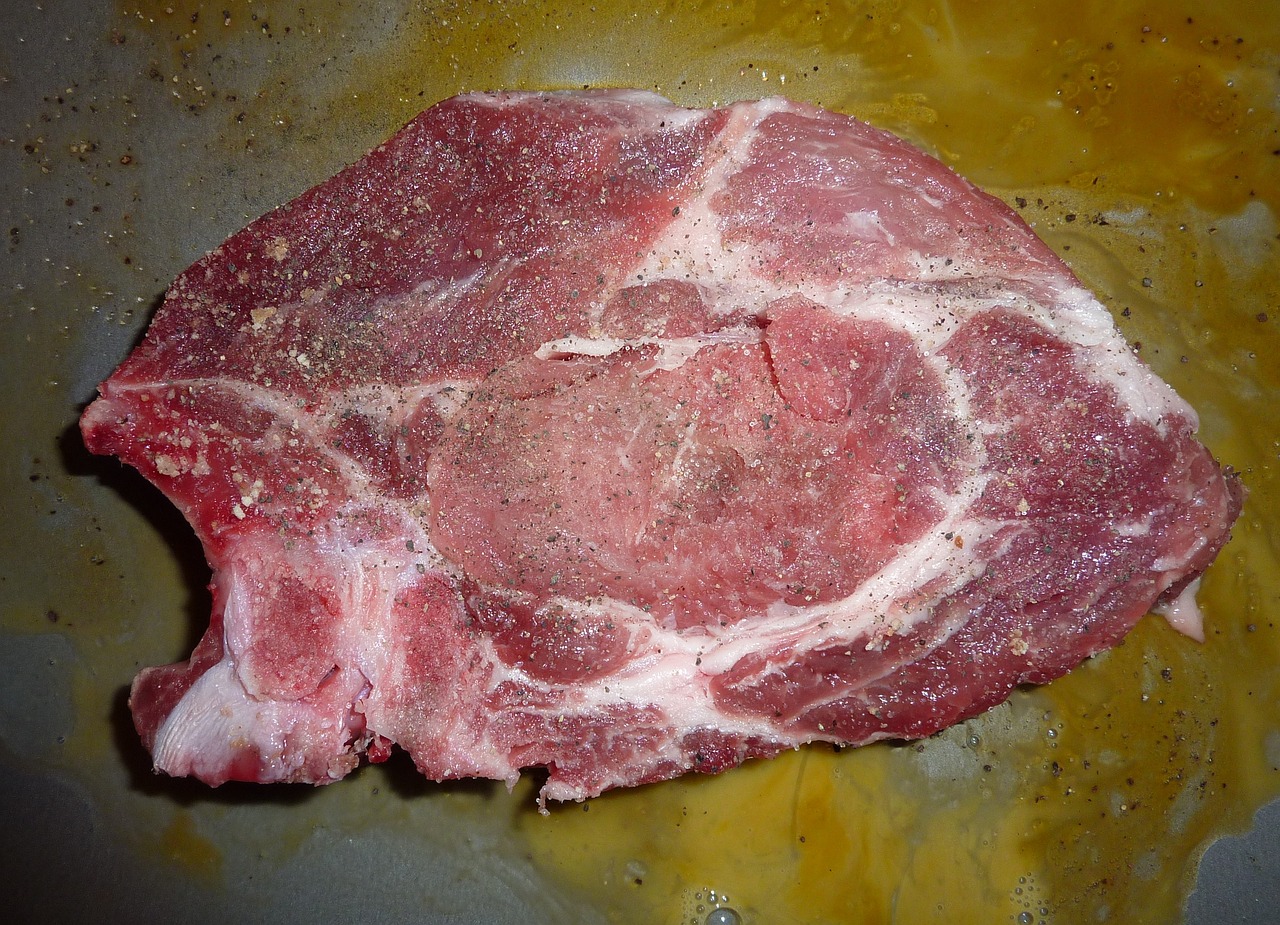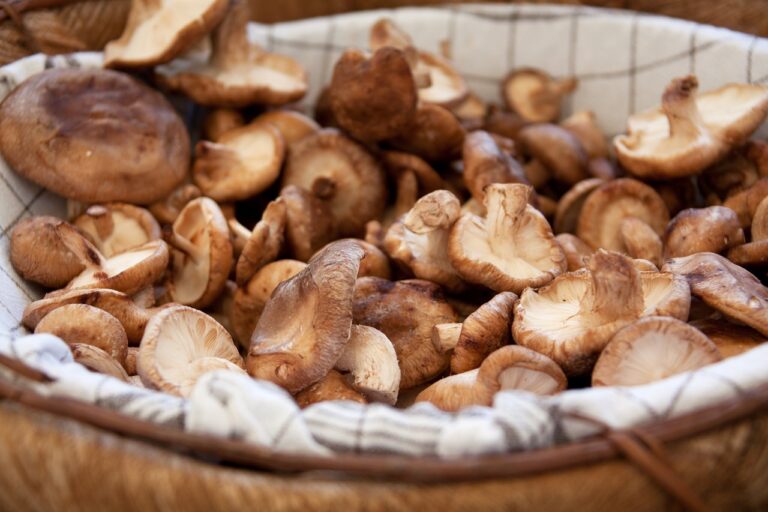The Potential of Walnut Protein in Protein Bar Formulations: Lotusbook365, Welcome to play99exch, Allpannel
lotusbook365, welcome to play99exch, allpannel: The potential of walnut protein in protein bar formulations is a topic worth exploring for both health-conscious consumers and nutrition enthusiasts alike. Walnut protein, derived from the meaty center of walnuts, offers a unique set of benefits that make it a promising ingredient for creating protein-packed snacks like protein bars.
Walnuts are known for their rich nutrient profile, including healthy fats, antioxidants, vitamins, and minerals. But what many people may not realize is that walnuts also contain a significant amount of protein. In fact, walnuts are a good source of plant-based protein, making them a valuable ingredient for those following a vegetarian or vegan diet.
When it comes to protein bars, the quality and source of protein used can make a significant difference in the overall nutritional value of the product. Walnut protein stands out for its high-quality amino acid profile, which includes all nine essential amino acids that the body cannot produce on its own. This makes walnut protein a complete protein source, similar to animal-based proteins like meat and dairy.
But what sets walnut protein apart from other plant-based proteins is its unique flavor profile. Walnuts have a mild, nutty taste that can add depth and richness to protein bar formulations without overpowering other ingredients. This makes walnut protein a versatile option for creating delicious and satisfying protein bars that appeal to a wide range of palates.
In addition to its taste and nutritional benefits, walnut protein also offers functional advantages for protein bar formulations. The texture of walnut protein is smooth and creamy, making it easy to incorporate into various recipes without a gritty or chalky texture. This makes walnut protein suitable for creating soft and chewy protein bars that are enjoyable to eat.
Furthermore, walnut protein is allergen-friendly, as walnuts are not a common allergen and are generally well-tolerated by most people. This makes walnut protein a safe choice for those with food sensitivities or allergies to common allergens like soy, dairy, or gluten.
Overall, the potential of walnut protein in protein bar formulations is promising, offering a unique combination of taste, nutrition, and functionality. By incorporating walnut protein into protein bar recipes, manufacturers can create innovative and wholesome products that cater to the growing demand for convenient and nutritious snacks.
FAQs
1. Can walnut protein be used as a standalone protein source in protein bars?
Yes, walnut protein can be used as a standalone protein source in protein bars, thanks to its complete amino acid profile and high protein content.
2. Are there any potential allergen concerns with walnut protein?
While walnuts are not a common allergen, individuals with nut allergies should exercise caution when consuming products containing walnut protein.
3. How does walnut protein compare to other plant-based proteins like pea or soy protein?
Walnut protein offers a unique flavor profile and texture that sets it apart from other plant-based proteins. It also contains a good balance of essential amino acids, making it a valuable protein source for protein bars.
4. Are there any special storage requirements for protein bars containing walnut protein?
Protein bars containing walnut protein should be stored in a cool, dry place to maintain their freshness and quality.
5. Can walnut protein be used in homemade protein bar recipes?
Yes, walnut protein can be easily incorporated into homemade protein bar recipes to boost their protein content and nutritional value.







